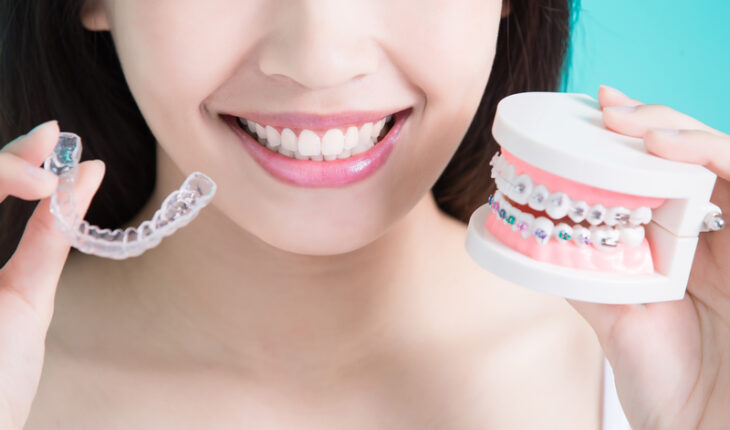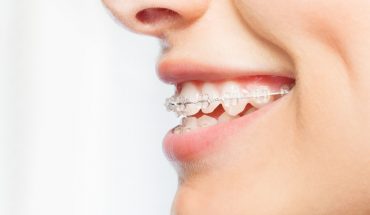Embarking on orthodontic treatment requires not only a significant investment of time but also a commitment to meticulous oral care. The process of correcting dental misalignments and bite issues with braces or other orthodontic appliances is not an overnight one; it often spans several months to years. To maximize the benefits of this treatment, careful attention and adherence to specific guidelines are essential.
Take Care of Your Teeth
Good oral hygiene is crucial throughout orthodontic treatment. Brushing your teeth after each meal helps to remove any food particles trapped around the brackets and wires of braces, preventing plaque buildup and tooth decay. A soft-bristled toothbrush and fluoride toothpaste are ideal for this task. Flossing becomes even more important during orthodontic treatment. Special flossing tools such as floss threaders or water flossers can help navigate the space between braces and reach areas that the toothbrush can’t. It might seem cumbersome at first, but mastering the art of flossing with braces is an investment in your dental health.
Go in for Checkups
Regular appointments with your orthodontist are key to ensuring the successful outcome of your treatment. You should go back to the orthodontist every month or two to have your braces adjusted. These adjustments, or ‘tightenings’, help to gradually shift your teeth to their correct positions. Besides adjustments, these checkups also give your orthodontist the opportunity to monitor your oral health and the progress of your treatment. They can identify any potential problems and implement solutions early. Always communicate any issues or discomfort you’re experiencing with your orthodontist; they are there to ensure your treatment is as effective and comfortable as possible.
Stop Bad Habits
Certain habits can be detrimental to the success of your orthodontic treatment. Chewing on hard objects such as pencils or fingernails can damage braces. Similarly, consuming hard or sticky foods like popcorn, candy, or nuts can lead to broken brackets or wires. If you’re a habitual teeth grinder, make sure to discuss this with your orthodontist as this can interfere with your treatment. Using a mouth guard when you sleep might be recommended to prevent any unintended movement of the teeth.
In the journey of orthodontic treatment, patience and consistent care are your best companions. Maintaining a strict oral hygiene routine, attending regular checkups, and putting an end to harmful habits are pivotal steps to ensure your treatment is successful. Remember, the result is a healthier, well-aligned smile that can last a lifetime.
You might also like to read: The Health Benefits of Cooking With Turmeric




